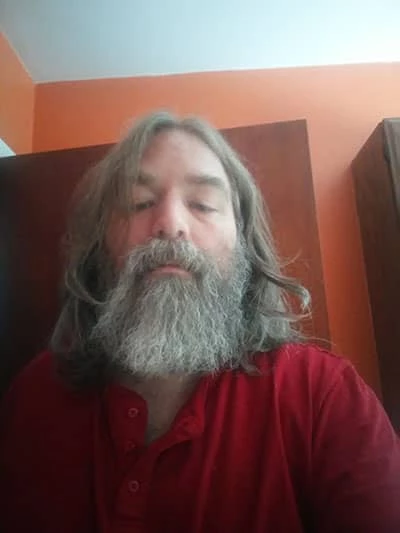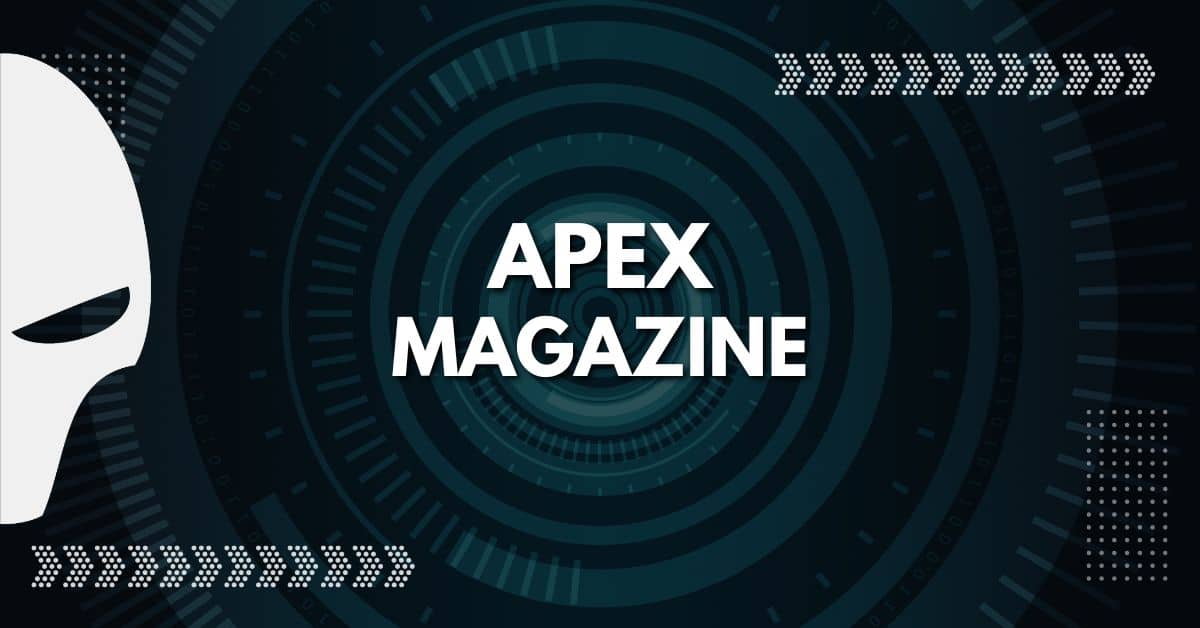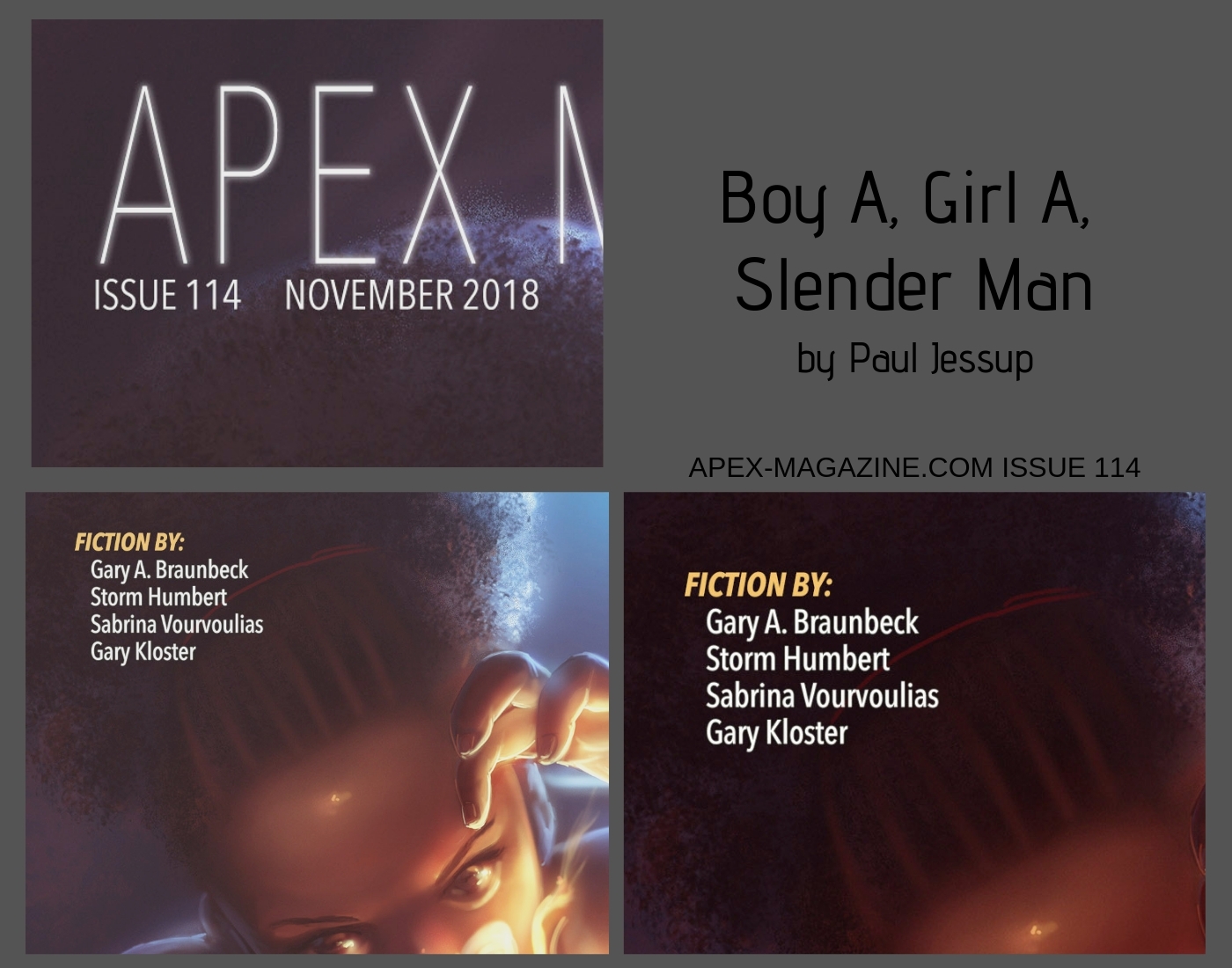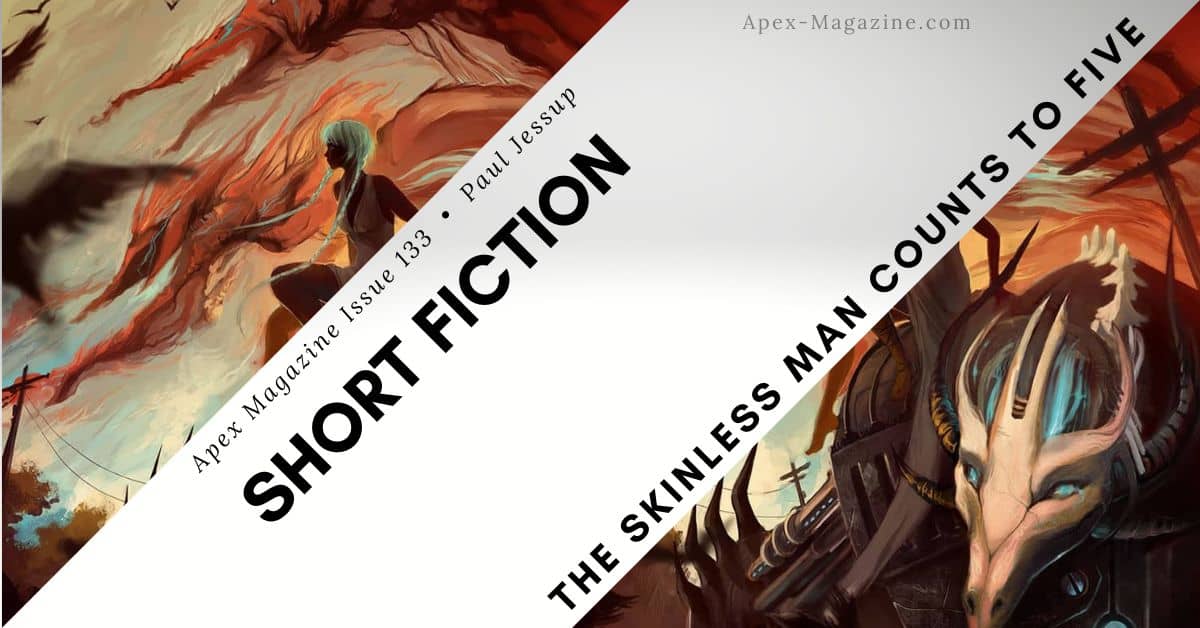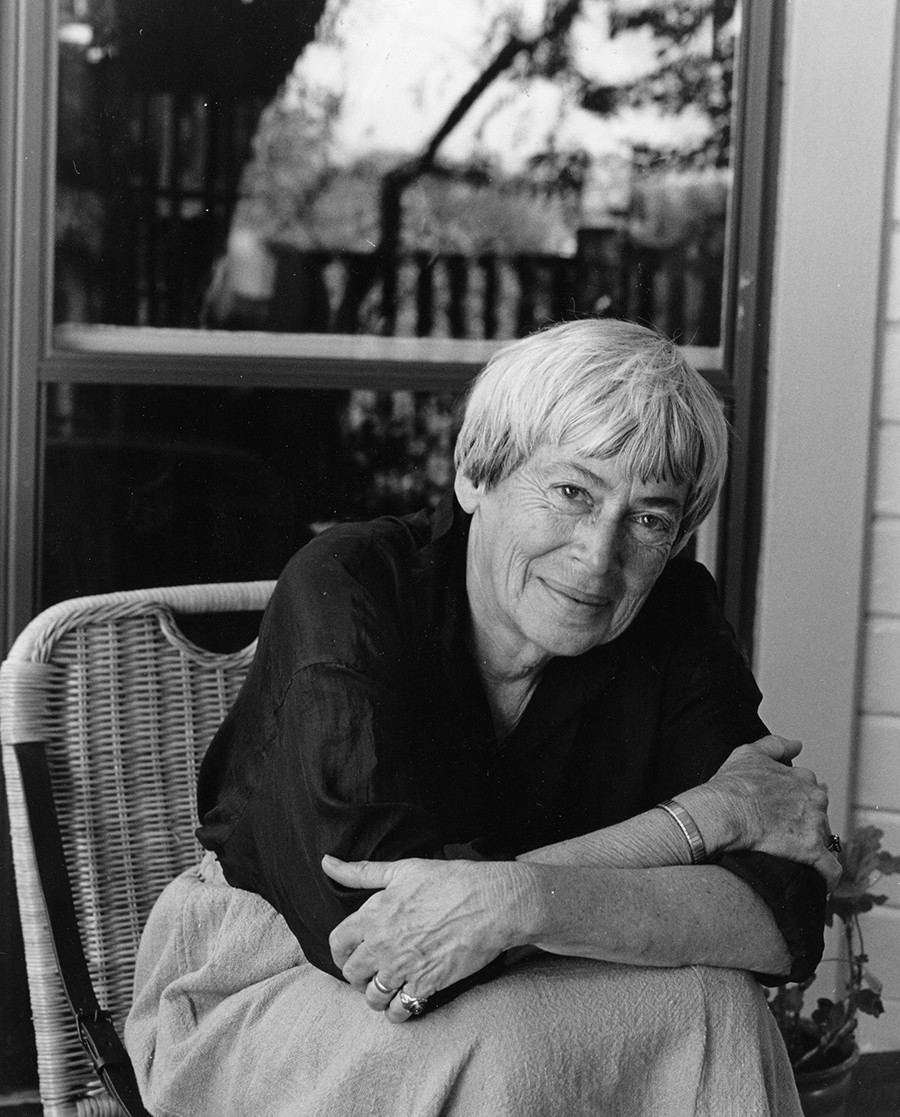
You will die. You will not live forever. Nor will any man nor any thing. Nothing is immortal. But only to us is it given to know that we must die. And that is a great gift: the gift of selfhood. For we have only what we know we must lose, what we are willing to lose … That selfhood which is our torment, and our treasure, and our humanity, does not endure. It changes it is gone, a wave on the sea. Would you have the sea grow still and the tides cease, to save one wave, to save yourself?
The Farthest Shore
Ursula K. Le Guin
1
Ursula K. Le Guin is dead.
A sentence that hurts to write. An article of impossible pain. And I keep stopping, walking away from the computer. Emotionally drained, physically powerless. Everything feels like a shadow. Everything tastes funny and empty and I wonder. I wonder about the light and why it seems so colorless.
How could one person’s death ever hurt me so much? Without ever even meeting in person? Yet, she’d always been there. Ever since I was small, ever since I was a child. Earthsea in my hands and Sparrowhawk in my head, fighting his shadow, struggling with the dark hours. Tenar navigating that maze beneath the world. Oh, Eaten One. How you helped me with my own childhood loneliness. That same dark maze where I was lost and felt like no one could understand me, not ever. That I had no friends, no true family, and was hunted by bullies and the monsters of my fears.
How did she know that labyrinth so well? That feeling? She knew it, you could tell. And she taught me how to navigate it all. Through the eyes of Tenar. In my mind, Le Guin was Sparrowhawk. It was her words that helped me out. That showed me the way through the darker hours and into the upside world. Where everything I knew and understood was crushed by the weight of the void. She showed that to me. And she showed me how to keep that void from destroying me.
2
And when my great-grandfather died, I read The Farthest Shore and it was comfort food. There, Le Guin helped me through the process of death in a way no one else ever could, all the adults distanced and dealing with their own sadness. And there she was, showing me the truth of it all. Giving a lonely child the tools he needed to survive all of those emotions boiling up inside of him.
Earthsea was my map to the world. My understanding of existence.
And now. Now. Ursula K. Le Guin is dead. No, no, that can’t be right. That can’t be real. Someone who had always existed, even before I existed! How could she be dead? That’s like saying the stones are dead and the trees are dead and the sky is dead. It feels like the end of the world.
Still. I've been listening to her speak all day. So many speeches on Youtube, and I can't help but think to myself that she's not dead, she can't be dead. I'm listening to her speak right now, I see her right there, telling me all these things I need to know. Yet the truth still haunts me.
That knowing truth. That gnawing feeling deep down inside. She can’t be dead. Someone like her was never supposed to die. Endless, eternal, like her words on the page.
And yet, and yet. I know that truth. It slinks in and chews on me. I don’t want to admit it, but it’s there. She’s dead. She is. She’s dead.
3
Who will give us that wonderful Earthsea movie we all deserve? Now that she’s dead and gone, who will protect her interests? Even while she was living, they couldn’t give her what she wanted, what we needed. And she fought and fought and fought, and we still got something lesser.
Even Studio Ghibli failed at the beauty of Earthsea. Maybe that’s it, maybe that’s the truth of it all. Le Guin’s writing is what makes her work powerful and important and true. You take away her prose and shove it into the mouths of actors, and what do you get? A shallow echo of what lies beneath. You cannot translate her writing into a visual medium; it robs it of power. It robs it of truth. Her voice was the voice that mattered.
And no director can ever truly capture that voice.
4
Remember the magic of Earthsea? How deep and true it all felt. It wasn’t just about true names, there was a weight to it that felt real. More anthropological than fantastical. The way the raft people sang the world awake, or the ritual of Tenar becoming the Eaten One. These felt like real rituals, with real strength.
Not the silly rules and pseudo-science of most modern fantasy. Will we ever have a voice like this again? How could we? How do we even see magic in the same light as Le Guin? Through the eyes of a cultural genius. Someone who saw that magic wasn’t about fireworks and a show of power, but instead about people. People. Coming together, healing each other through stories and song.
Here, she said. Let’s watch them rise the sun again with the oldest song. A ritual that contains a truth to it. Something that wasn’t about the laws of magic, or the rules of magic. The strength in her writing was to see the rituals of the real and give us the same in fiction.
Can’t you feel it now? Can’t you feel that hole left in the shape of her spirit? Where will we get such words ever again? The loss strikes at me, and I feel like the raft people felt near the end of The Farthest Shore. I am struck dumb. I am without words.
5
Her essays, her essays! How important her essays were to me. Back when I first started to write genre fiction again, I was so despondent. I felt like I was an ill fit. That I couldn’t write what everyone else seemed to be writing. Playing to market, giving the world the next big, buzz-worthy thing. Copying the latest trend.
Monomyth this, Hero’s Journey that. Rejections that told me the shape of my stories were all wrong. And then, I found her essays. I found them and I read them and they helped me survive all of that. I figured out that the world needed my writing, my voice. That she showed a different way of being a fantasy and science fiction writer.
Some writing was like dancing, she said. And I danced. Here she was, twenty years later, and her words still guiding me. Showing me the truth. Oh, fierce warrior spirit. Her voice a bear on fire, tearing through all of that muck and junk in the publishing world.
I needed her words at that point more than I could ever admit. The blogsphere was full of writers lecturing each other on craft and how to sell and what sells. And here she was. Telling me that books were not commodities. That there was another way to do it all.
I always wanted to thank her for that. She gave my career wings. Now I never will.
And the darkness of her loss surrounds me again …
6
Darkness and anger and darkness and anger, and like the fire at the end of time, I scream again and what will happen now that her breath is gone from her body, and what will happen when she’s buried beneath the bones of the world? Who will guide me, who will give us such insights?
There is nothing but the void, that empty laughter of death. I want to rip the world apart and tear open the pages of her book and devour her words. Maybe if I eat them and ingest them I will gain their strength. Maybe, maybe. Words were magic, words were power. Maybe I can grasp that fire. Maybe. No.
No. That’s the wrong way to look at all of this. We don’t need the next Ursula K. Le Guin. That’s the wrong thing, the wrong question. We don’t need another hand to guide us through the labyrinths of our lives. To sing the sun back from the end of the world. To create the universe with ritual and dance.
We have that still. We have her still. Her works, see them on the shelves. They survive and whisper. They are lamps in our darkest hours. Eventually, even those may turn to dust and rot away. But not yet, not for a long time. We have them still and she breathes on. Whispering to us. Keeping the truth in our hearts.
7
And yet, to deny her the power to die, to say her words keep her alive? That feels like a slight against her own wishes. To fight death is to lose the power of speech. To have the dragons tear each other apart amongst the singing waves. Her words are not her. They are keys she left for us, important keys. Powerful keys. But a key could never be a person. A key could never replace the true, living individual. Her family and our community will feel this loss even with her books still with us.
In the end, though, we need to see that death itself is necessary. That even her death is a natural and beautiful event. We have lost her from this world, yes. But remember her own writings on death, her own thoughts on nature of the world. Remember that the entire Earthsea series was about humanity confronting death itself, and what we discovered in the shadows beyond our graves.
We should see her death in the same way that she saw death: as necessary, as wonderful. As a cause for celebration. Remember the Wizard Cob, who tried to abolish death. And when he did, what happened? Magic left the world of Earthsea.
Let us push away sadness andhate. Let us not be devoured by Le Guin’s death.
Let us instead turn to her words. Turn to her fiction. Let their magic heal us in their own small way. She is gone, yes. But she left us important tools. Maps and keys that will help us understand everything.
Even her own death. And that is a beautiful thing.
(Featured image of Ursula K. Le Guin copyright © Marian Wood Kolisch)









